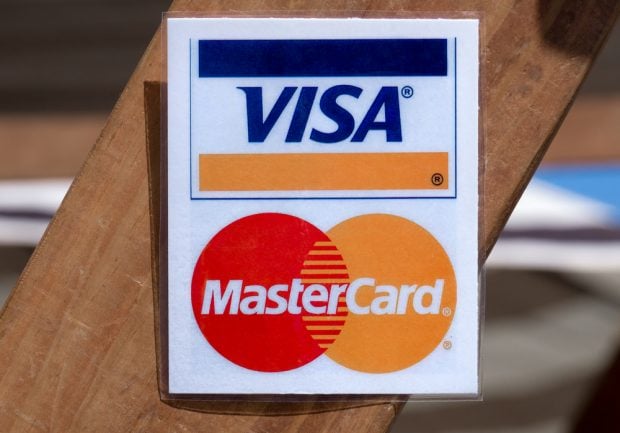A new card from Fifth Third Bank promises to make the often routine cashier question "debit or credit?" a lot more important for consumers who hold them. And it brings the bank a strategy for getting around at least some of the Durbin amendment's interchange cap.
The question has long been vital to card issuers as the consumer's response signaled whether a debit transaction will be routed as one authorized by a PIN or by the use of the cardholder's signature. Debit transactions authorized by PIN brought a lower interchange rate, and card issuers have often put incentives in place to try to influence consumers to choose debit, even if the consumers often didn't fully understand what their choice meant.
But, in the traditional card, no matter which authorization method a consumer chose, the money would still come out of a consumer's checking account to fund the transaction. The new Fifth Third Bank card, dubbed the Duo, would change that. Consumers who use Duo would still fund transactions they authorize with a PIN from their checking accounts, but transactions they authorized with a signature would be funded by a bank-provided line of credit, one with a credit card's finance charge and drawing the credit card's higher interchange income.
Complete your profile to continue reading and get FREE access to CUTimes.com, part of your ALM digital membership.
Your access to unlimited CUTimes.com content isn’t changing.
Once you are an ALM digital member, you’ll receive:
- Critical CUTimes.com information including comprehensive product and service provider listings via the Marketplace Directory, CU Careers, resources from industry leaders, webcasts, and breaking news, analysis and more with our informative Newsletters.
- Exclusive discounts on ALM and CU Times events.
- Access to other award-winning ALM websites including Law.com and GlobeSt.com.
Already have an account? Sign In
© 2024 ALM Global, LLC, All Rights Reserved. Request academic re-use from www.copyright.com. All other uses, submit a request to [email protected]. For more information visit Asset & Logo Licensing.









